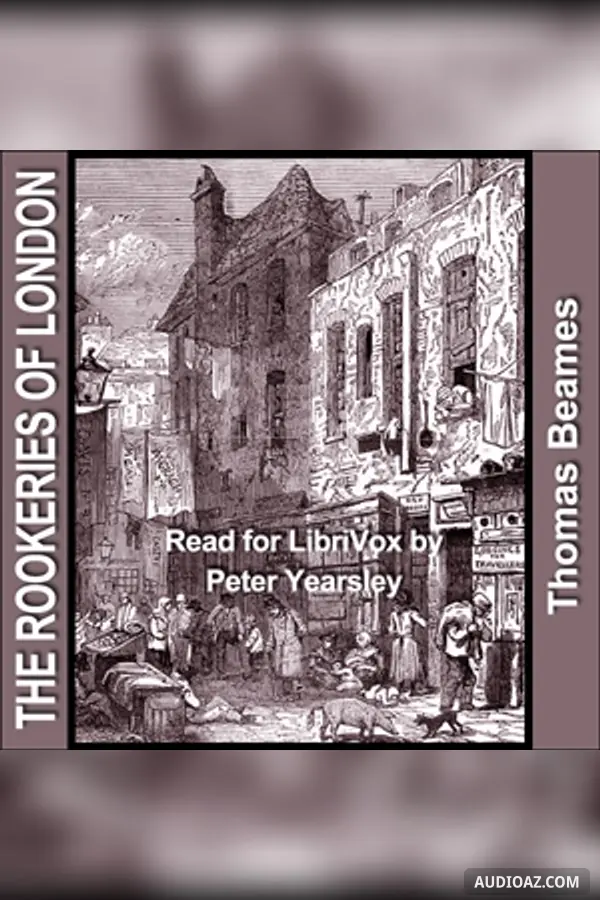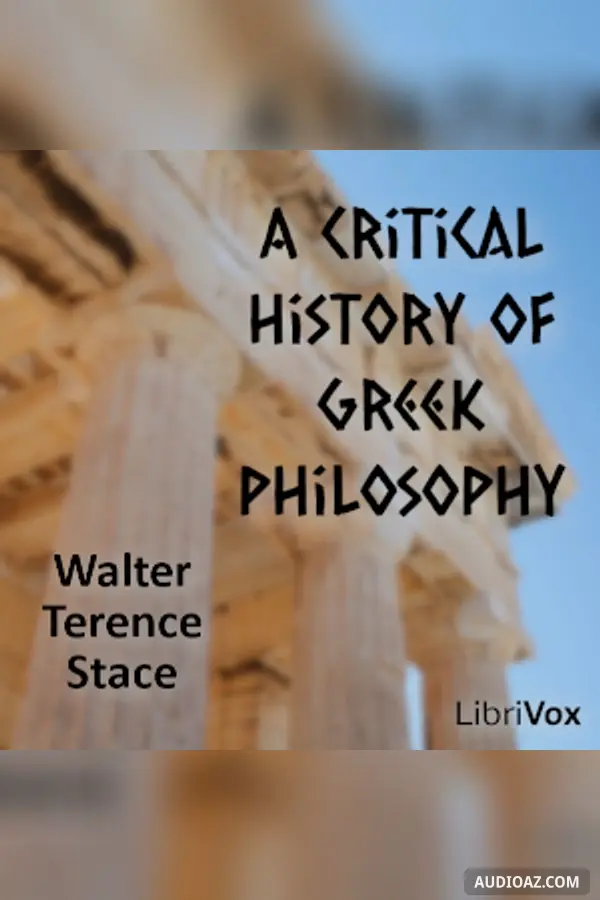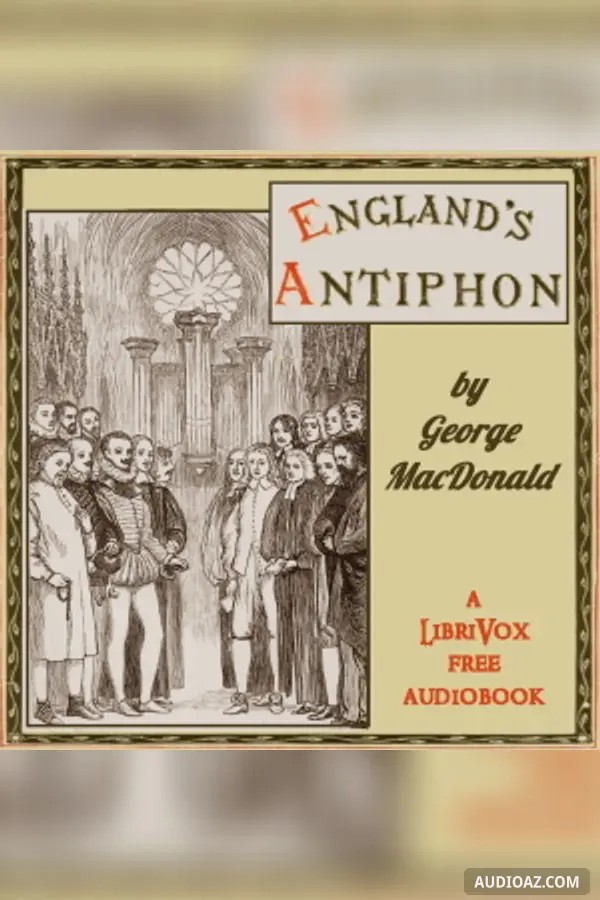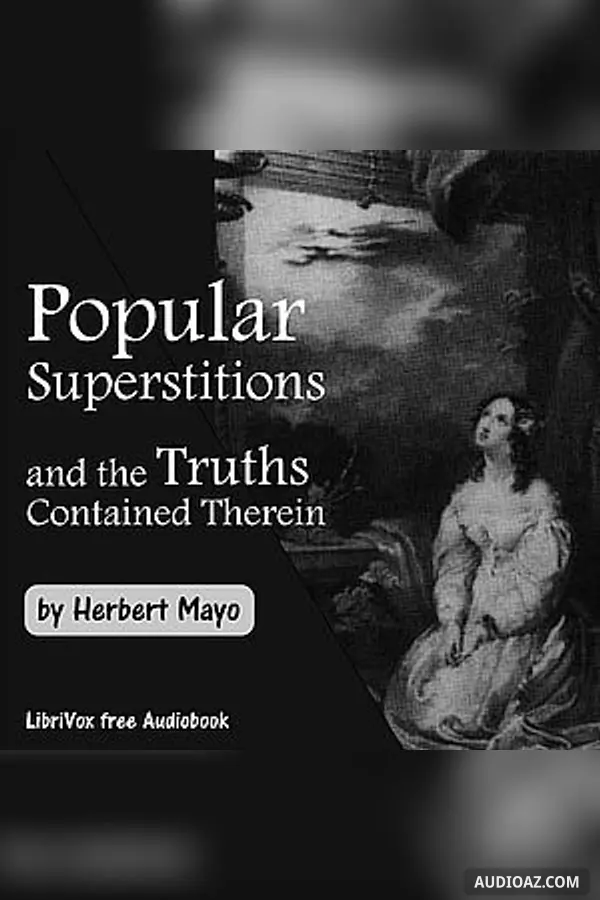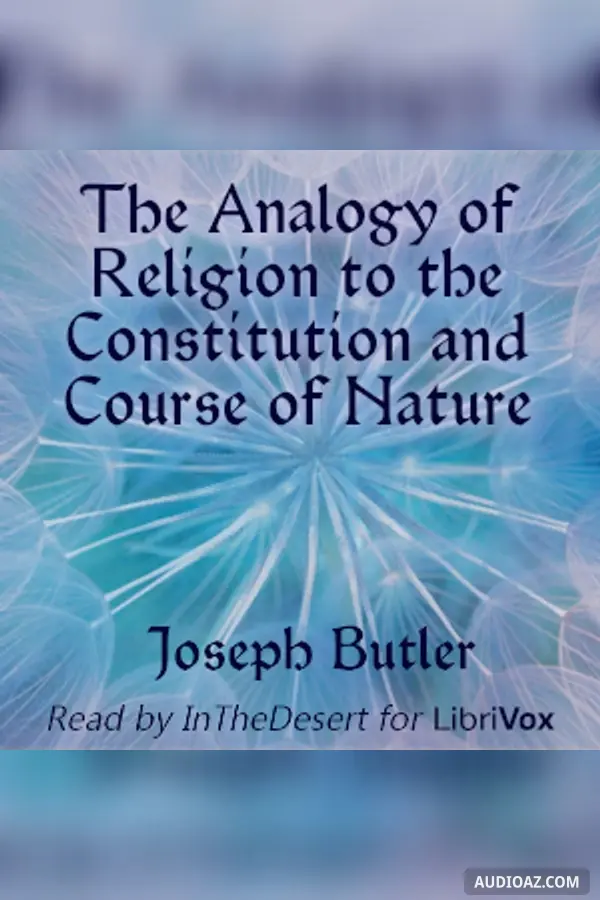
The Analogy of Religion to the Constitution and Course of Nature - Бесплатная аудиокнига
Автор(ы): Joseph Butler
Язык: English
Жанр(ы): Христианство - другоеНон-фикшнРелигия
1 / 25Editor’s Introduction
- 1. Editor’s Introduction
- 2. Editor’s Preface.
- 3. Conspectus - Part 1
- 4. Conspectus - Part 2
- 5. Advertisement prefixed to the First Edition & Introduction
- 6. A Future Life
- 7. The Government of God by Rewards and Punishments
- 8. The Moral Government of God
- 9. Probation, as implying Trial, Difficulties, and Danger
- 10. Probation, as intended for Moral Discipline and Improvement
- 11. The Opinion of Necessity, considered as influencing Practice
- 12. The Government of God, considered as a Scheme or Constitution, imperfectly comprehended
- 13. Conclusion
- 14. The Importance of Christianity
- 15. The supposed Presumption against a Revelation, considered as miraculous
- 16. Our Incapacity of judging, what were to be expected in a Revelation; and the Credibility, from Analogy, that it must contain things appearing liable to Objections
- 17. Christianity, considered as a Scheme or Constitution, imperfectly comprehended
- 18. The Particular System of Christianity; the Appointment of a Mediator, and the Redemption of the World by him
- 19. Want of Universality in Revelation; and of the supposed Deficiency in the Proof of it
- 20. The Particular Evidence for Christianity - Part 1
- 21. The Particular Evidence for Christianity - Part 2
- 22. Objections against arguing from the Analogy of Nature to Religion
- 23. Conclusion
- 24. Personal Identity
- 25. The Nature of Virtue
О книге
Joseph Butler's great work is the Analogy, published in 1736, and from that day read and admired by every highly-cultivated mind. He was induced to write by a state of things very remarkable in the history of religion. Debauchery and infidelity were almost universal, not in any one class of society but in all. England had reached the culminating point of irreligion, and the firm re-establishment of Episcopacy had as yet done nothing to mend the nation’s morals. Piety was deemed a mark of ignorance and vulgarity, and multitudes of those who professed it were persecuted to dungeons and death.
It was considered settled, especially in polite circles, that Christianity, after so long a prevalence, had been found out to be an imposture. The clergy, as a body, did nothing to dispel this moral gloom, but rather increased it by their violent and scandalous conduct. In the sad language of Bishop Warburton, “Religion had lost its hold on the minds of the people.”
To the Analogy no reply has ever been attempted. Extensive as is its diffusion, and great as is its acknowledged influence, infidelity has had the highest inducements to attempt to set it aside. Written for a present purpose, and most signally accomplishing it, it is yet so written as to endure, in full value, through all coming time. It is undoubtedly “the most original and the most profound work extant, in any language, on the philosophy of religion,” “the most argumentative and philosophical defence of Christianity ever submitted to the world.” - Summary by Preface
Комментарии
Будьте первым, кто оставит комментарий
К этому контенту пока нет комментариев. Начните обсуждение!
Показать больше
Теги: The Analogy of Religion to the Constitution and Course of Nature audio, The Analogy of Religion to the Constitution and Course of Nature - Joseph Butler audio, Христианство - другое audio, Нон-фикшн audio, Религия audio, free audiobook, free audio book, audioaz
